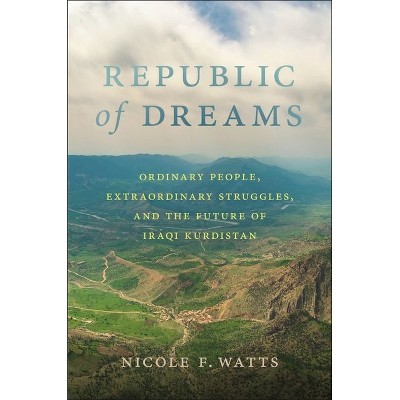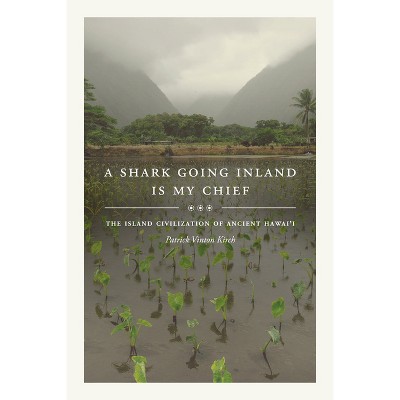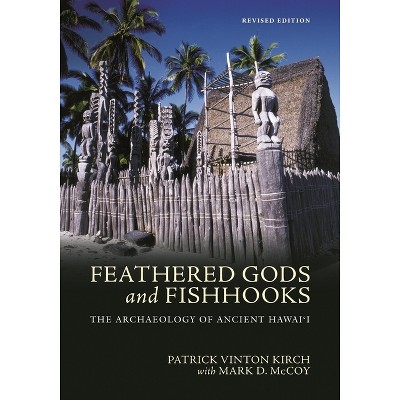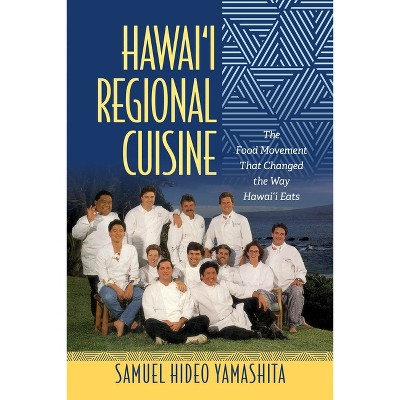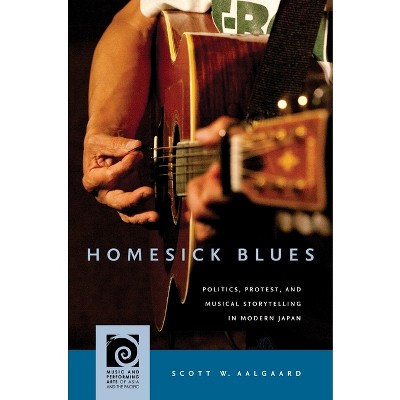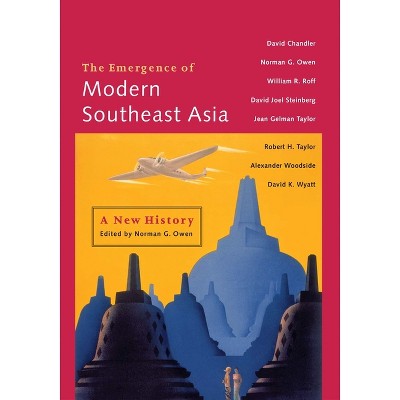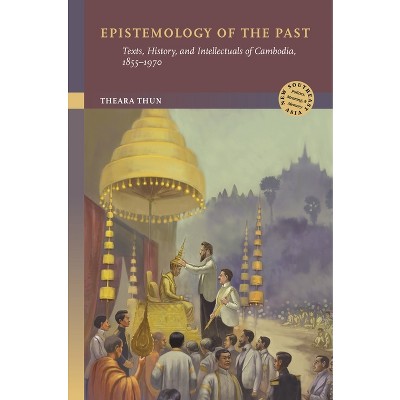Sponsored

Halo-Halo Ecologies - (Food in Asia and the Pacific) by Alyssa Paredes & Marvin Joseph F Montefrio
$30.00
In Stock
Eligible for registries and wish lists
Sponsored
About this item
Highlights
- Halo-Halo Ecologies: The Emergent Environments behind Filipino Food is a recipe for a new storytelling tradition that combines critical studies of Filipino food and of the environment.
- About the Author: Alyssa Paredes (Editor) Alyssa Paredes is assistant professor of anthropology at the University of Michigan.
- 294 Pages
- Social Science, Agriculture & Food
- Series Name: Food in Asia and the Pacific
Description
Book Synopsis
Halo-Halo Ecologies: The Emergent Environments behind Filipino Food is a recipe for a new storytelling tradition that combines critical studies of Filipino food and of the environment. It takes as its starting point the metaphor of halo-halo, the iconic dessert of crushed ice, jellies, fruit slices, and ube jam. Food writers and social historians alike frequently describe this summertime treat as a symbol of Filipino cultural identity for the ways it mixes local and foreign ingredients into a concoction now readily recognized as typically "Pinoy." But halo-halo is also a product of Philippine ecosystems--that is to say, it represents an eclectic blend of environmental tales in an ever evolving and highly politicized foodscape. The first of its kind, Halo-Halo Ecologies brings together a transnational community of food enthusiasts, engaged scholars, and social and environmental activists to set the table for a new canon in Philippine and Filipino/Filipinx studies, and in food studies more broadly. In twelve chapters, the contributors complicate cultural icons, like Jollibee Chickenjoy and the sari-sari store, and bring these into conversation with the scavenging practices of informal settlements in Manila and the agroecological practices of Indigenous Lumad schools. They reveal new challenges in landscapes spanning the mountainous frontiers of Northern Luzon, the carceral spaces of urban Manila; the disaster-prone coastal communities of the Visayas; the hunger-stricken plantation zones of Mindanao, the ever-changing tides of the archipelago's waterways, and the invisibilized ecologies of the diaspora. These are the emergent environments behind Filipino food, and they compel us to reimagine what, how, and why we eat.Review Quotes
The painful irony of this book is that along with the pride over the internationalization of Filipino cuisine, one strongly felt in the diaspora, is the suffering of those back home as corporate greed, militarism, and the genetic modification of food continue the ecological devastation of their foodways. This intrepid group of scholars asks us to take a pause and consider the increasingly fraught histories behind our most cherished dishes.--Patricio N. Abinales, University of Hawai'i at Manoa
As Filipino cuisine and culture continue to gain global attention, Halo-Halo Ecologies provides an essential new perspective. While conversations about Filipino cuisine in the diaspora tend to focus on food as a symbol of cultural identity, this book implores us to broaden our scope. It's a crucial reminder of how vulnerable our foodways are and how much our connection to the land matters.--Bettina Makalintal, senior reporter at Eater.com
This is the most interesting book I have read about postcolonial and transnational gastroecology in terms of its empirical richness and theoretical provocation. Halo-Halo Ecologies' critical juxtaposition of food and environment gets us around the cliches of mere ethnocentric gourmandism. It is a model for thinking through the complex history and experience of the world we consume (and destroy) to sustain ourselves--Krishnendu Ray, author of The Migrant's Table and The Ethnic Restaurateur
This trailblazing book is framed, argued, and written in a compelling and extraordinarily accessible manner, making otherwise heavy to digest topics easy and appetizing to engage. A tour de force, it will proudly stand alongside classic books on Filipino culture and society.--Saturnino M. Borras Jr., coauthor of Scholar-Activism and Land Struggles
About the Author
Alyssa Paredes (Editor)Alyssa Paredes is assistant professor of anthropology at the University of Michigan. Marvin Joseph F. Montefrio (Editor)
Marvin Joseph F. Montefrio is associate professor of social sciences (environmental studies) at Yale-NUS College in Singapore.
Dimensions (Overall): 8.98 Inches (H) x 5.98 Inches (W) x .79 Inches (D)
Weight: .92 Pounds
Suggested Age: 22 Years and Up
Number of Pages: 294
Genre: Social Science
Sub-Genre: Agriculture & Food
Series Title: Food in Asia and the Pacific
Publisher: University of Hawaii Press
Format: Paperback
Author: Alyssa Paredes & Marvin Joseph F Montefrio
Language: English
Street Date: April 30, 2025
TCIN: 1002436531
UPC: 9798880701315
Item Number (DPCI): 247-47-8782
Origin: Made in the USA or Imported
If the item details aren’t accurate or complete, we want to know about it.
Shipping details
Estimated ship dimensions: 0.79 inches length x 5.98 inches width x 8.98 inches height
Estimated ship weight: 0.92 pounds
We regret that this item cannot be shipped to PO Boxes.
This item cannot be shipped to the following locations: American Samoa (see also separate entry under AS), Guam (see also separate entry under GU), Northern Mariana Islands, Puerto Rico (see also separate entry under PR), United States Minor Outlying Islands, Virgin Islands, U.S., APO/FPO
Return details
This item can be returned to any Target store or Target.com.
This item must be returned within 90 days of the date it was purchased in store, shipped, delivered by a Shipt shopper, or made ready for pickup.
See the return policy for complete information.
Frequently bought together

$9.49
Buy 2, get 1 free select books, music & movies
4.9 out of 5 stars with 43 ratings

$16.50
Buy 2, get 1 free select books, music & movies
4.8 out of 5 stars with 48 ratings

$18.88
MSRP $27.00
Buy 2, get 1 free select books, music & movies
4.8 out of 5 stars with 571 ratings
